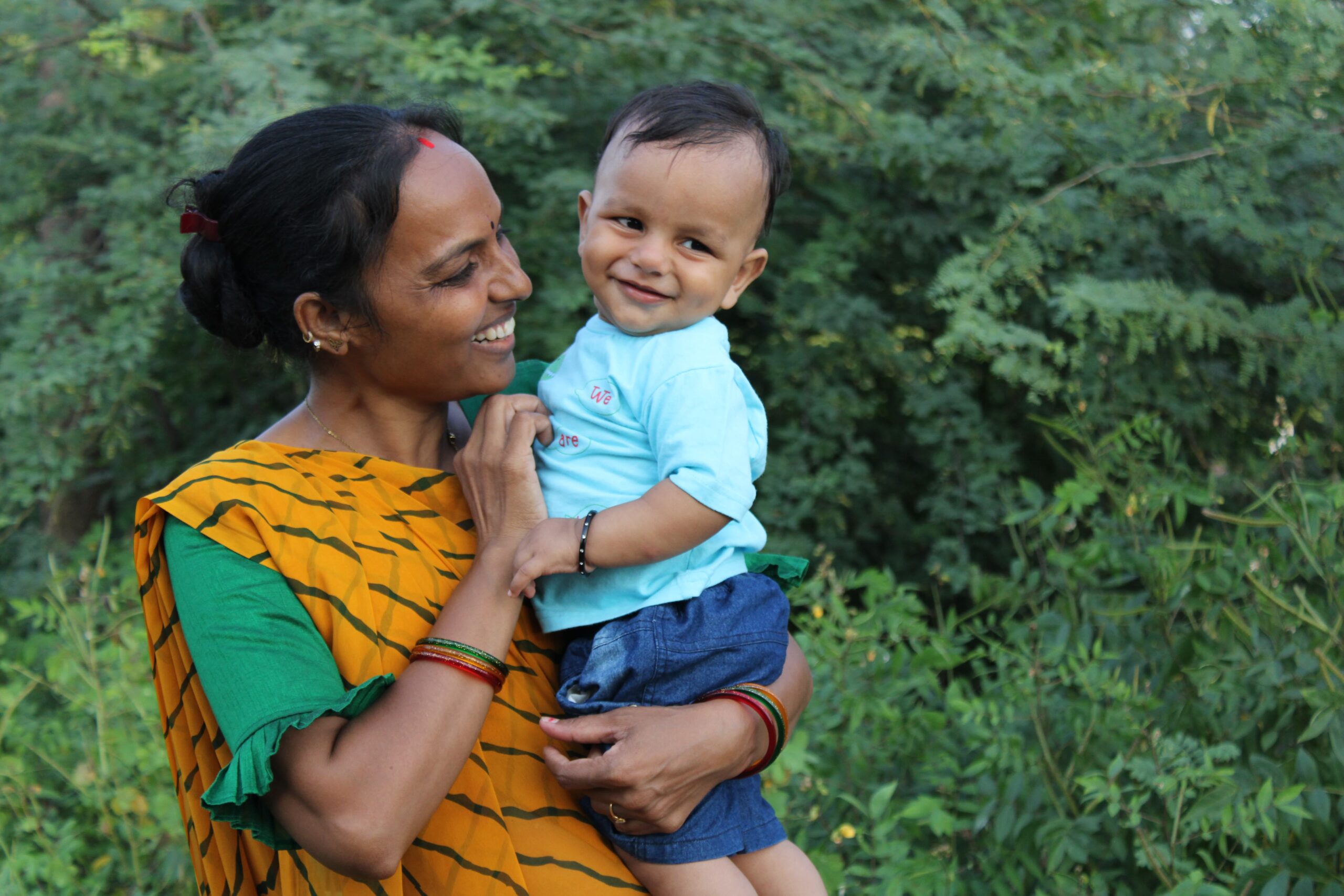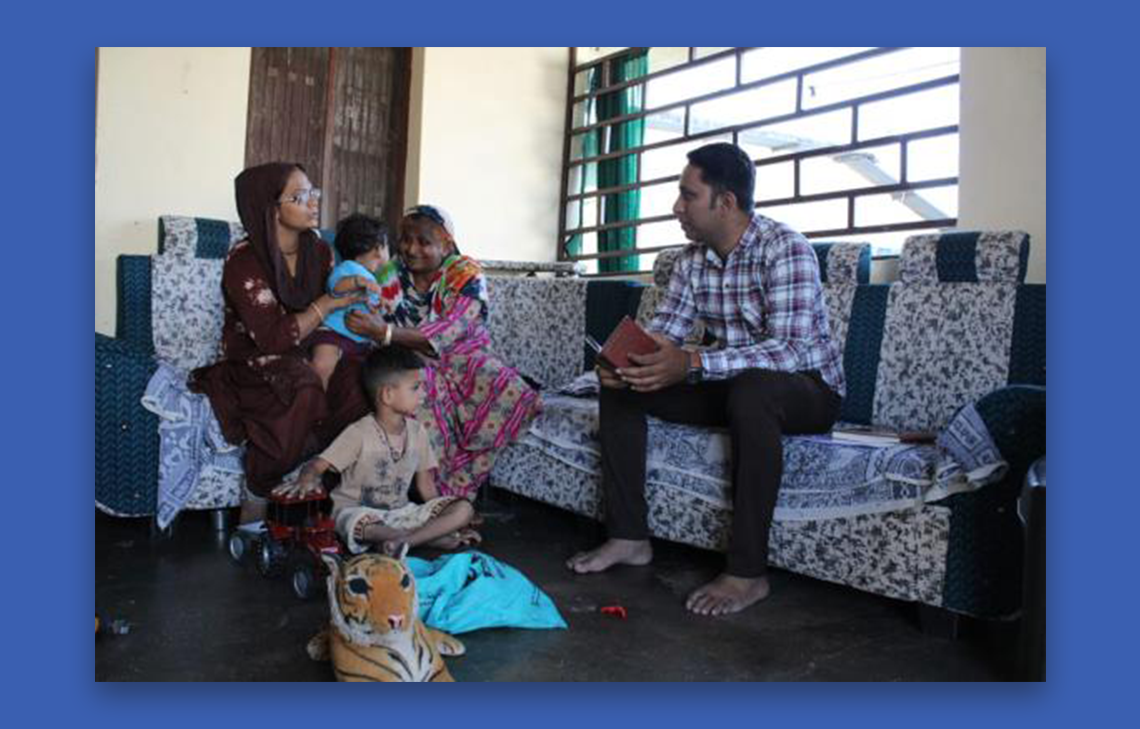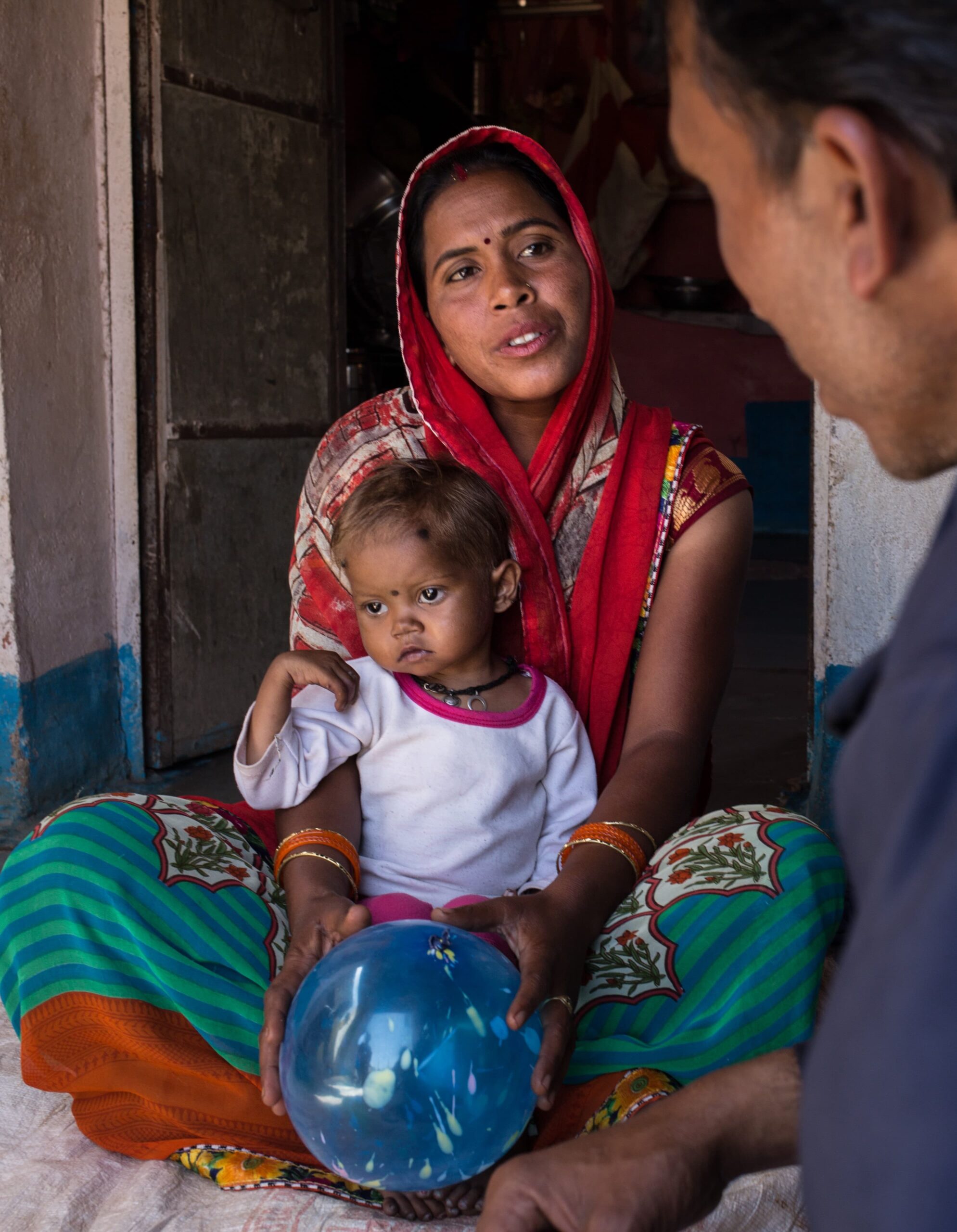How Anganwadi workers and field team of Project Vruddhi helped Sara adopt better food practices for her child Zarine
Optimal nutrition is essential for a child’s growth and development in the first two years of life. Exclusive breastfeeding for six months and continued breastfeeding with age-appropriate, nutritionally adequate complementary feed is essential for a child after six months up to two years of age. This helps prevent stunting and prevents the child from entering the undernutrition cycle. Once the child is six months of age, the body and brain require more nutrients which breastmilk alone cannot provide. Hence, appropriate complementary feeding becomes essential. Appropriate nutrition ensures a robust immune system and the realisation of full potential for the child. Healthier children will surely be more productive and will be able to create opportunities for themselves, their families and communities to eventually break the cycle of poverty and hunger.
Sara (name changed), residing in Sabarkantha district of Gujarat, is a mother of three, preoccupied with household chores. Her father, a brick labourer, is frequently out for work. Being an informed mother, Sara did not compromise on introducing healthy food groups as part of Zarine’s (name changed) complementary feed. Earlier, Sara used to let Zarine have market-available biscuits and other snack packets, and chips, among others, to save time when she was too busy with household chores or managing the other two children.
When an Anganwadi worker from Project Vruddhi met Sara, she was advised on better food practices for Zarine. “I was aware that market-available packet food is not good for Zarine, but it was sometimes very convenient. Managing a home with three children can be difficult, especially when the other two children demand packaged foods such as cold drinks, chips, and sweets. So, I used to let Zarine eat just to manage and get some time to complete my pending chores.” said Sara. “But when I was made aware that this casual approach might cost me Zarine’s changed behaviour towards homecooked food, and may result in her weight loss, or restrict her optimal growth, I became very conscious about what I was feeding my youngest child” she added.
Zarine is now breastfed along with homemade semi-solids such as porridge, mashed vegetables, and fruits, among others, with no packaged food at all. This counselling on the mother’s feeding practice was critical in ensuring that the child does not lose adequate nutrition, fall ill, or become malnourished. This positive impact was enabled by ongoing engagement with families and their trust in Front-Line Workers and Project Vruddhi’s Field Coordinators (FCs) to guide them, and their children towards better healthy food practices


JOIN THE FIGHT AGAINST HUNGER
Sign up to our newsletter and learn more about our programs, impact, field stories, innovation, jobs and much more.

